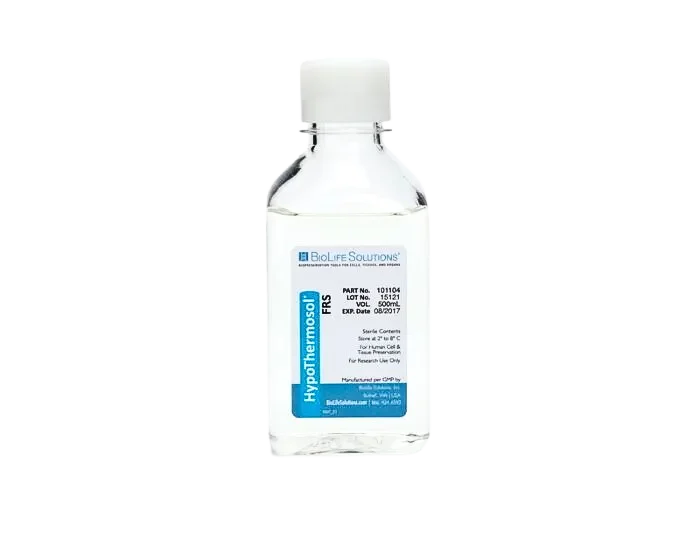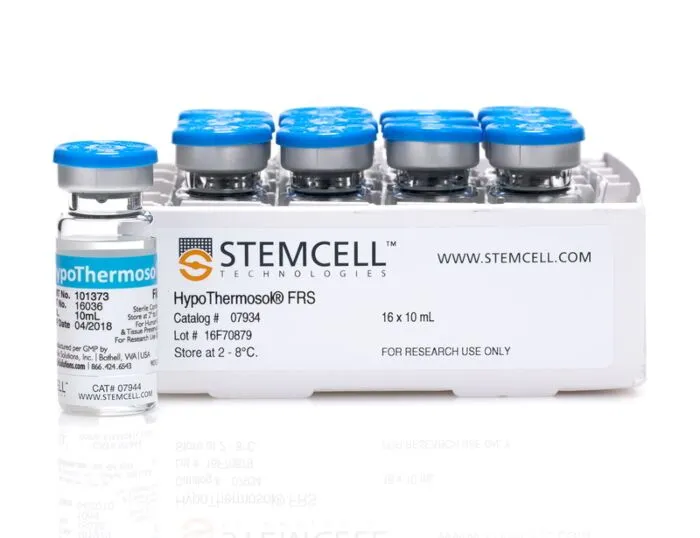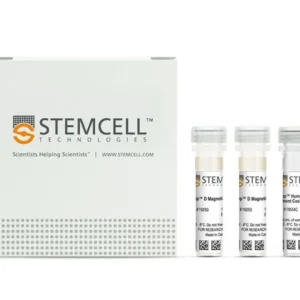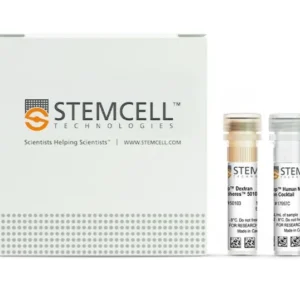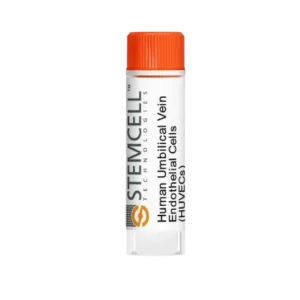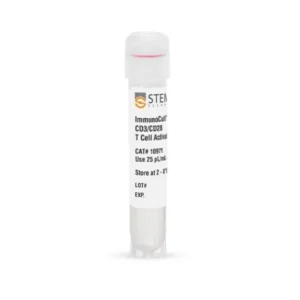The Hypothermosol FRS from STEMCELL Technologies is a ready-to-use, serum-free preservation medium for cells, tissues, and organs stored at hypothermic temperatures (2–8°C). Available through Apex Scientific, a leading laboratory equipment supplier in South Africa, this advanced solution minimizes molecular and biological stress during cold storage. It maintains ionic balance with key ions at intracellular-like concentrations and buffers pH to prevent acidification, helping preserve cell viability.
Optimized for Viability
This Hypothermosol contains energy substrates to sustain metabolism and free radical scavengers to reduce oxidative damage. Osmotic and oncotic stabilizers protect cells from swelling or shrinkage. Its fully defined, animal component-free formulation eliminates serum and proteins, reducing variability and contamination risk. This preservation medium can significantly reduce necrosis and apoptosis during cold storage, allowing more cells to recover and function after rewarming.
Quality and Compliance
Manufactured under cGMP guidelines with USP-grade components, hypothermosol delivers consistent performance. Each batch undergoes sterility, endotoxin, and cell-based testing to ensure reliability. An FDA Master File supports regulatory compliance for clinical and translational applications.
Key Benefits
- Ready to use—no mixing required
- Serum-free, protein-free, and animal component-free
- Manufactured to cGMP standards with high-grade raw materials
- Supported by an FDA Master File for GMP workflows
- Rigorously tested for safety and performance
Simple Application
Replace your sample’s medium with cold hypothermosol, store at 2–8°C, and return to warm culture when ready. It works seamlessly with standard cold-chain laboratory equipment like refrigerators and transport coolers.
Applications
Use the hypothermosol FRS for therapeutic cell transport, tissue biobanking, and organ preservation research. Apex Scientific provides local stock, technical support, and fast delivery across South Africa. Learn more and explore best practices on the Apex Scientific Insights page.

